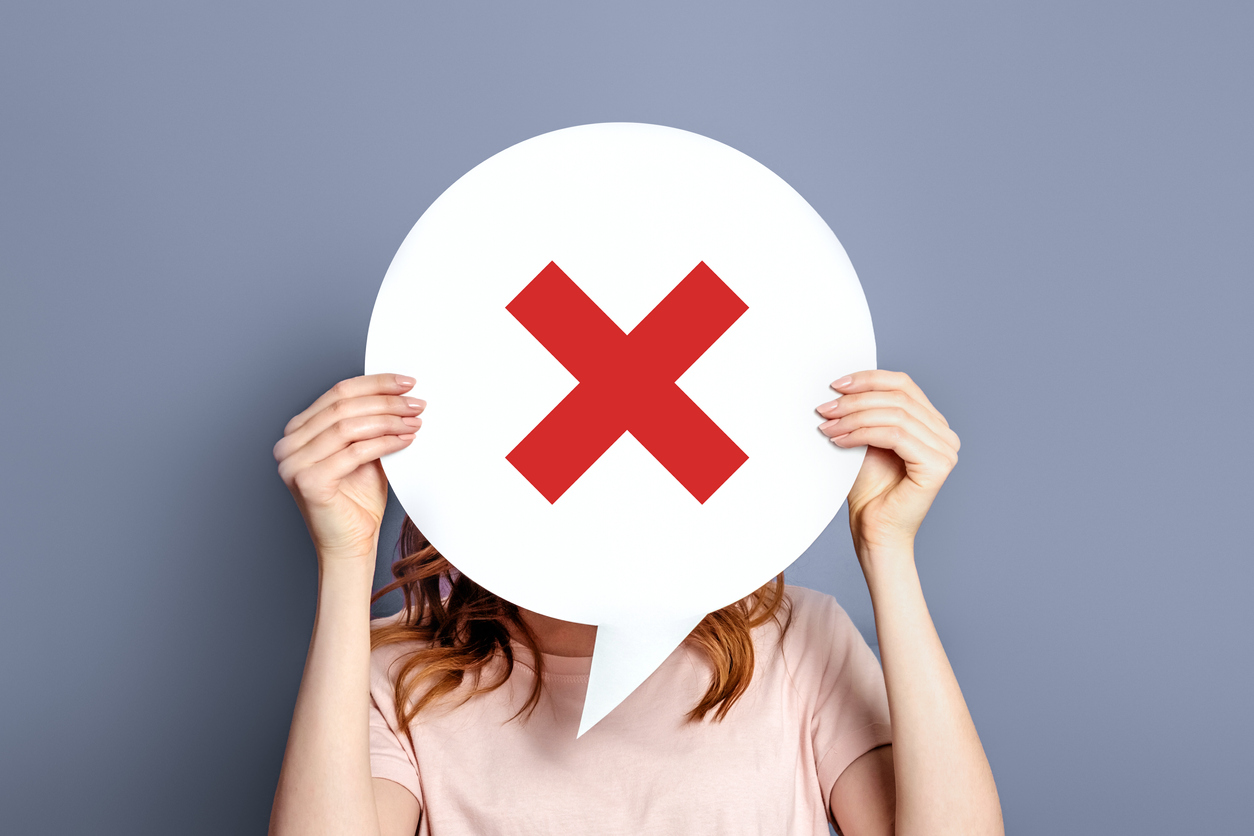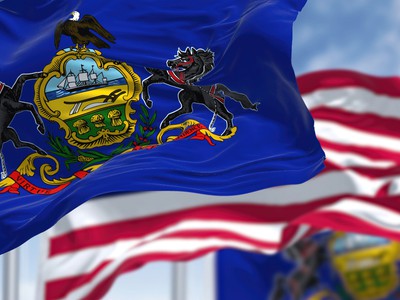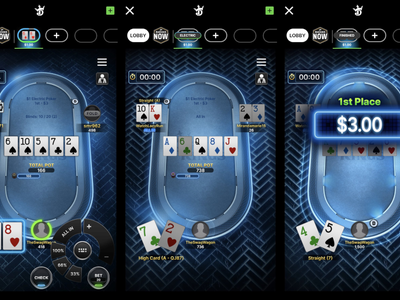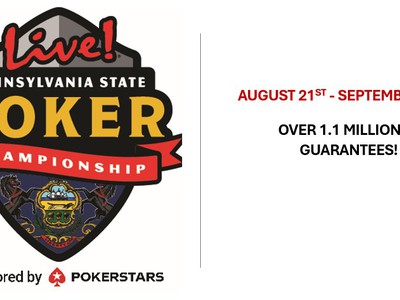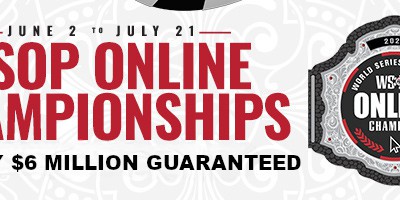The Casino Self-Exclusion Program, along with the agency’s three other self-exclusion programs, are effective and proven tools that allow for individuals to regain control over their lives and to learn about other recovery resources.
Pennsylvania regulators said its voluntary self-exclusion program now contains more than 20,000 participants and that more than 20% of them have requested a lifetime ban on gambling in the Commonwealth.
In a statement Wednesday, the Pennsylvania Gaming Control Board (PGCB) announced that its Casino Self-Exclusion Program had received its 20,000th voluntary request to join two days earlier, on June 5.
Participants in the program, established in 2006, request either a one-year-, five-year-, or lifetime ban on entering or gambling at a brick-and-mortar casino or a retail sportsbook. They also agree to be charged with criminal trespass if they enter such a property and to forfeit any winnings from an illegal visit.
The regulator has additional self-exclusion programs for online casino gaming and sports betting, video gaming terminals (VGTs), and daily fantasy sports (DFS). It should be noted that the Pennsylvania Lottery also has a self-exclusion portal for its iLottery product.
The PGCB said licensed gaming facilities in the state must refuse wagers and deny gaming privileges to any participant in the program. Licensees are also prohibited from offering participants other things, like check cashing privileges, loyalty club memberships, and complimentary goods and services.
“The Casino Self-Exclusion Program, along with the agency’s three other self-exclusion programs, are effective and proven tools that allow for individuals to regain control over their lives and to learn about other recovery resources,” said Elizabeth Lanza, Director of the Office of Compulsive and Problem Gambling (OCPG).
“The PGCB encourages anyone who thinks they may have a gambling problem to seek treatment and consider taking advantage of the voluntary self-exclusion programs.”
Nearly Two-Thirds Who Self-Exclude Are Men
The PGCB said participant responses to intake interviews for its self-exclusion programs revealed additional details about the people seeking help with problem gambling. According to the regulator, the data show that:
- 4,335 (21%) of the 20,000 participants chose the lifetime ban option
- Among the participants, 12,811 (64%) were men, and 7,189 (36%) were women
- Participants ranged in age from 21 to 102 years
- 1,026 (5%) of participants decided to re-enroll in the program after previously removing their names from the list
- Of those who re-enrolled, 307 selected a lifetime ban
Lanza added that self-exclusion doesn’t have to stop at the doors to a casino or a sportsbook. She said data show many Casino Self-Exclusion Program participants engaged in other gaming activities regulated by the PGCB, including online poker, online casino gaming, online sports betting, VGTs at truck stops, and DFS.
The PGCB established additional self-exclusion programs in 2019. The regulator said there currently were 3,778 participants self-excluding for online poker, casino, and sports betting. Meanwhile, there were 1,467 individuals self-excluding from playing on VGTs, and 797 people asked to self-exclude from DFS.
The regulator launched the Casino Self-Exclusion Program on October 24, 2006. It announced receiving its 1,000th request to join the program in November 2009, or roughly three years after the program launched. But it only took an additional 14 months for PGCB to receive its 2,000th request to join in January 2011.
